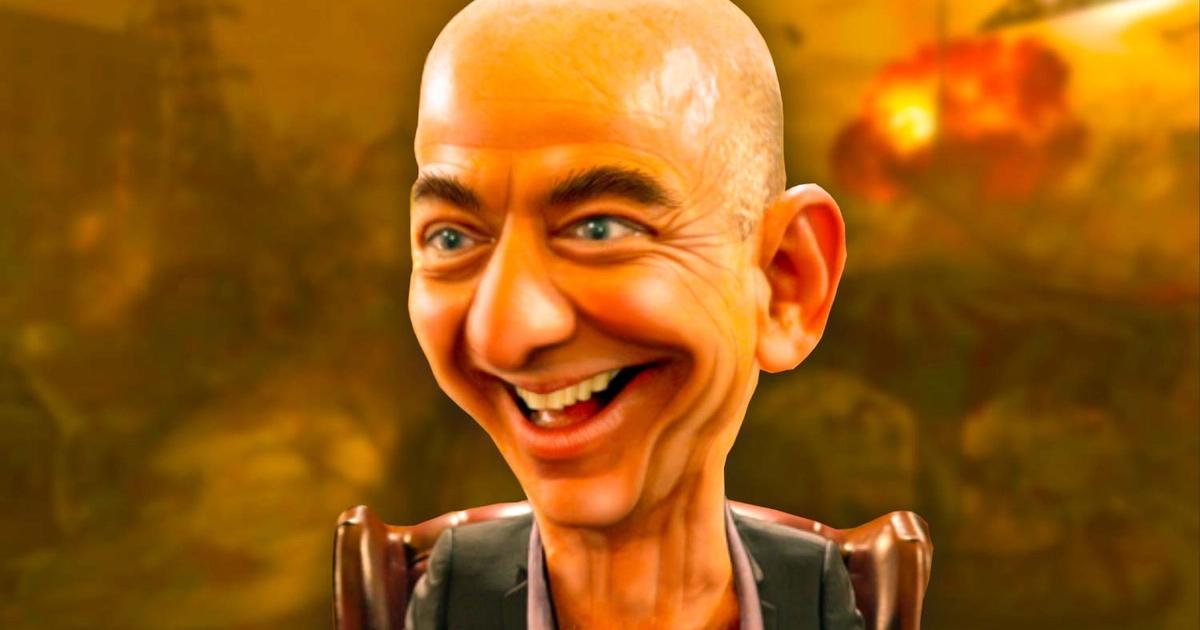There’s a popular saying: “capitalism died in 2008”. Coined by an article written just after the Financial Crash of 2008, the term explained that the capitalist economy broke, paving the way for its contemporary replacement: neo-feudalism.
A brief look at capitalism long history
Capitalism had a long reign, the “modern” dating back to the evolution of merchants in the early 16th century. However, it wasn’t until the Victorian Era where capitalism was truly born. As the industrial revolution took over in the late 1700s, overworking for measly pay became the norm.
The industrial revolution created grueling conditions with 14-16 hour work days for 6 days a week. This led to heavy depression and over-drinking; with Gin being the most affordable drink of the 1700s, the English population drank so much that The Gin Act was introduced in 1951. This was only repealed in 1965.
A capitalistic society pushes employees too far, so much so that the five-day work week wasn't introduced until 1908 to convince employees to come to work sober. This was popularised in 1926 by the Ford Motor Company with strict 40-hour weeks and boosted salaries, leading to the brief mass consumerism of the 1920s.
In the late 1900s and early 2000s, mass consumerism was back with a passion. The Hollywood blockbuster frequently smashed billion dollar box offices, advertising became more rampant than ever before, and the advent of the Internet led to new jobs that inspired creativity. Of course, this led to the Financial Crash of 2008.
Read More: Jeff Bezos is actually finding immortality research... for the second time
The Rise of Neo-feudalism
The last financial crash didn't end. While the rich were paid in massive subsidises by the western governments, nothing has improved for the typical citizen in the past two decades. In fact, as financial journalist Larry Elliot writes: “[the] global slump is just part of a 20-year financial crisis”.
This economic tsunami has led to the rise of neo-feudalism, the return of monarchy sans titles. Instead of Kings and Queens, the world is governed by the shadowy rich using extreme wealth to manipulate the people.
For example, Facebook creator Mark Zuckerberg is one of the most powerful men om Earth. Not only does the Meta CEO border on monopoly, but he also has attention of billions with multiple social media platforms. Reportedly, in 2016, Zuckerberg used that power in a deal with Donald Trump to spread dangerous misinformation in his favour. When things don't go their way, massive lawsuits and multi-billion dollar bribes become frequent.
In 2022, the rich and powerful — Zuckerberg, Musk, Gates, Brandon, Bezos — hoard so much wealth that its useless in their hands. Now, 1% of the population owns 45.8% of the planet's wealth whereas 55% of the world's population own1.3% of the world's wealth.
This was only exacerbated during the pandemic. While the poorest struggled and died, the likes of Bezos and Musk increased their net exponentially. From March 2020 to the end of 2020, billionaire wealth increased by $3.9 trillion. For comparison, the combined wealth of average workers fell by $3.7 trillion.
Read More: Texas pledges to sue Meta for ‘thousands of billions of dollars’ over facial recognition ..
Tech is meant to disguise this
Neo-feudalism leads to a techno-dystopia, similar to the cautionary tales of cyberpunk stories. We've already seen a push towards this future, most of it from the likes of uber-rich billionaires like Mark Zuckerberg.
Part of this is fuelled by a further move to automation, removing jobs from the traditional person and increasing profit margins. This has been seen with companies like Dominos replacing pizza makers with machines, and restaurants introducing robotic waiters.
Additionally, the advent of the metaverse aims to push humanity into a digital-only landscape. Metaverse advocates like Zuckerberg want the traditional human to work and live inside virtual reality.
As the standard human gets pushed out of reliable reality, expensive privatised space travel gives the rich more tangible playing ground. Again, the mega-rich — in this case Jeff Bezos — plan to use this technology to push normal humans into orbital space colonies while the rich use Earth as a holiday destination.
These are conspiracy theories. In many cases, these events are happening, but they're disguised. The Metaverse hype comes because a new product, more advanced VR, is tied behind it. Privatised space travel is a technology that the poor will never afford, until the rich want to move the poor out of Earth, like Britain pushing poor people to then-unfarmable parts of America.
Every new product, a brain implant to become one with computers, or a fully VR world, is a distraction. As the rich get richer and therefore more powerful, those who aren't paying explicit attention won't notice.






